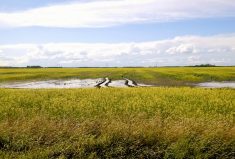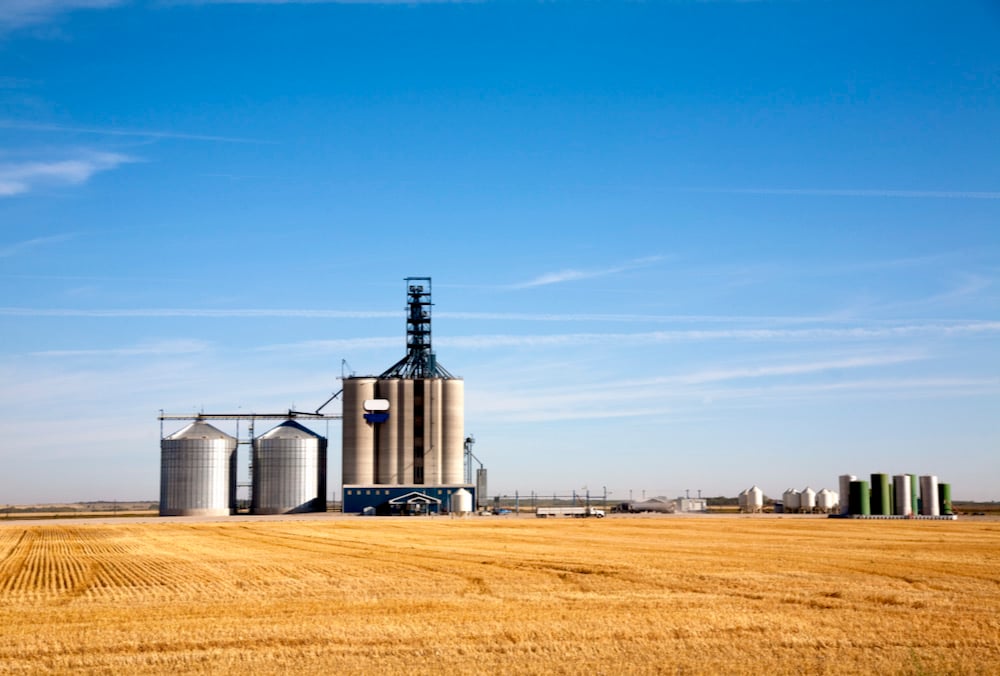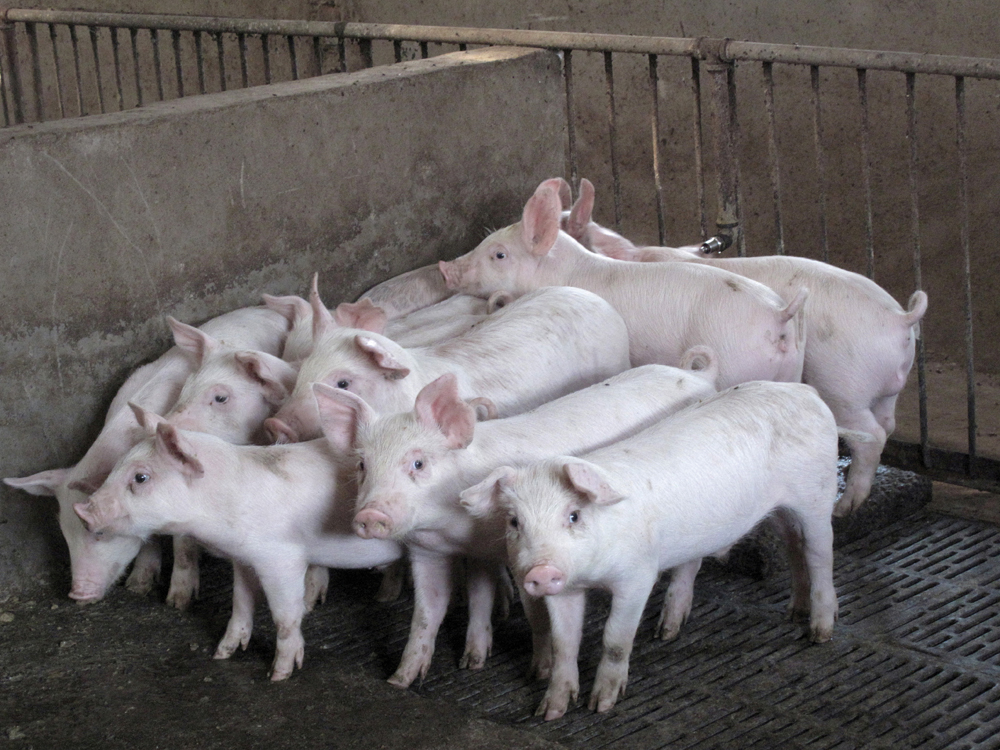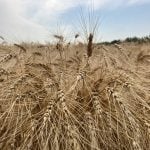Extensions to the crop insurance seeding deadlines for soybeans in Manitoba are being welcomed.
The change wasn’t prompted by this year’s delay in seeding due to wet weather, but because the data supports it, Manitoba Pulse and Soybean Growers executive director Daryl Domitruk said.
“The seeding dates (for soybeans) were set a long time ago,” Domitruk said. “What’s clearly evident, and what sets soybeans apart maybe from some other crops, is that the varieties are greatly improved because we were in that early stage of adoption so there has been a lot of investment from companies to improve the varieties and particularly the early maturing varieties.
Read Also
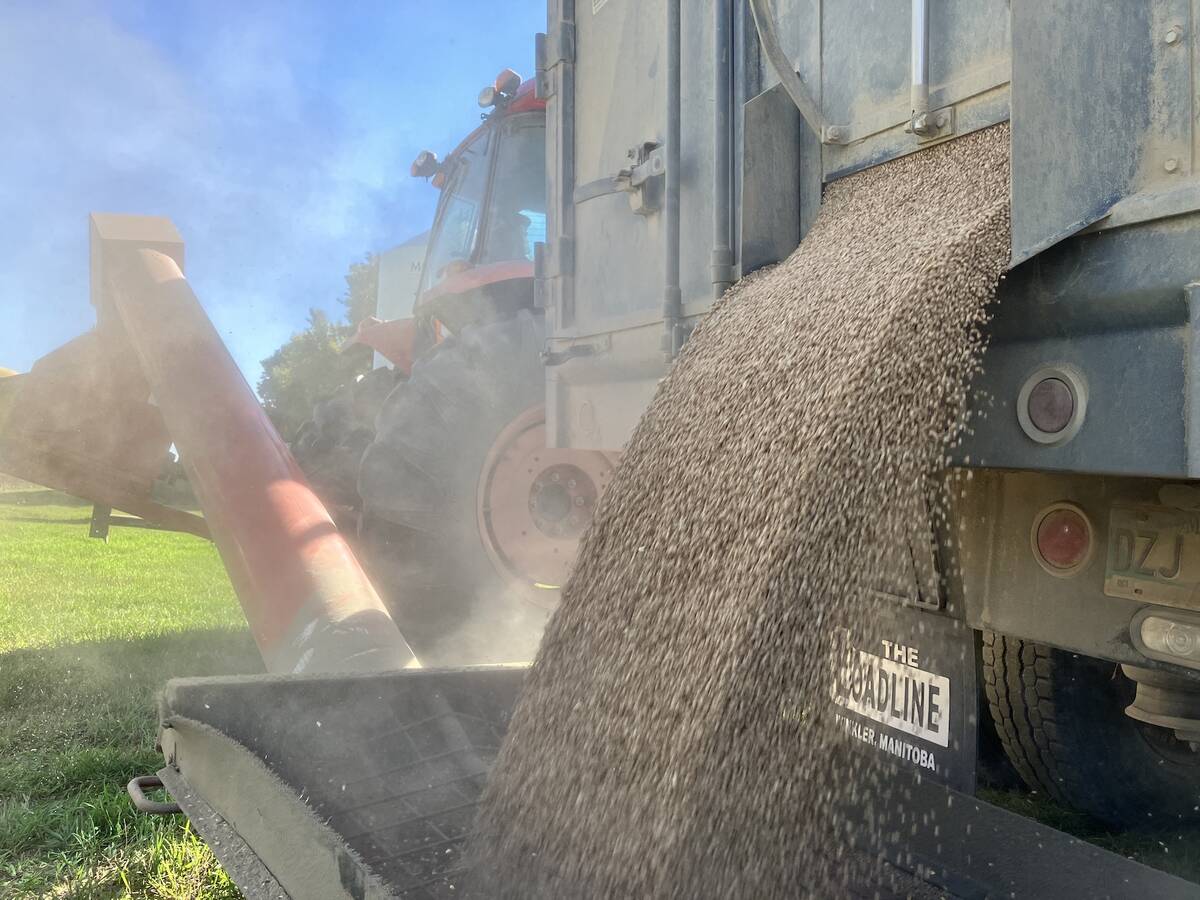
Riding market swings can add farm profit
Regular price trends in the grain market can help farmers pinpoint how and when to sell their grain with more confidence, analyst says
“It was time to look at those seeding dates anyway. We had data from crop insurance, but we had also conducted a study between 2014 and 2017 that gave us some good information as well. So when we combine everything together with our variety trials — and we take detailed maturity notes at our 12 regional variety trails every year — it was clear that it was time to look at these seeding dates and that’s what crop insurance did.”
The Manitoba Agricultural Services Corporation (MASC) extended deadlines give the soybean sector a bit of breathing room, Manitoba Seed Growers’ Association (MSGA) executive director Jennifer Seward said.
“MSGA is pleased that MASC has considered the rotational benefits of the crop as well as the significant advancements in variety development over the past 10 to15 years,” Seward said. “With this extension, MASC recognizes the flexibility that short season varieties provide to Manitoba producers and we strongly encourage producers to review their maturities and ask your seed retailer for options.”
The change brings some equity to soybeans, Domitruk added, “but at the same time respecting the fact that soybeans are a heat-loving crop, more so than the other major crops,” he said.
He noted that the deadlines still do not extend far into June, which he says the data supports.
“We can’t go on forever making soybeans (mature) earlier and earlier. There is a limit and after that the date won’t change anymore unless the climate changes substantially,” he said.





